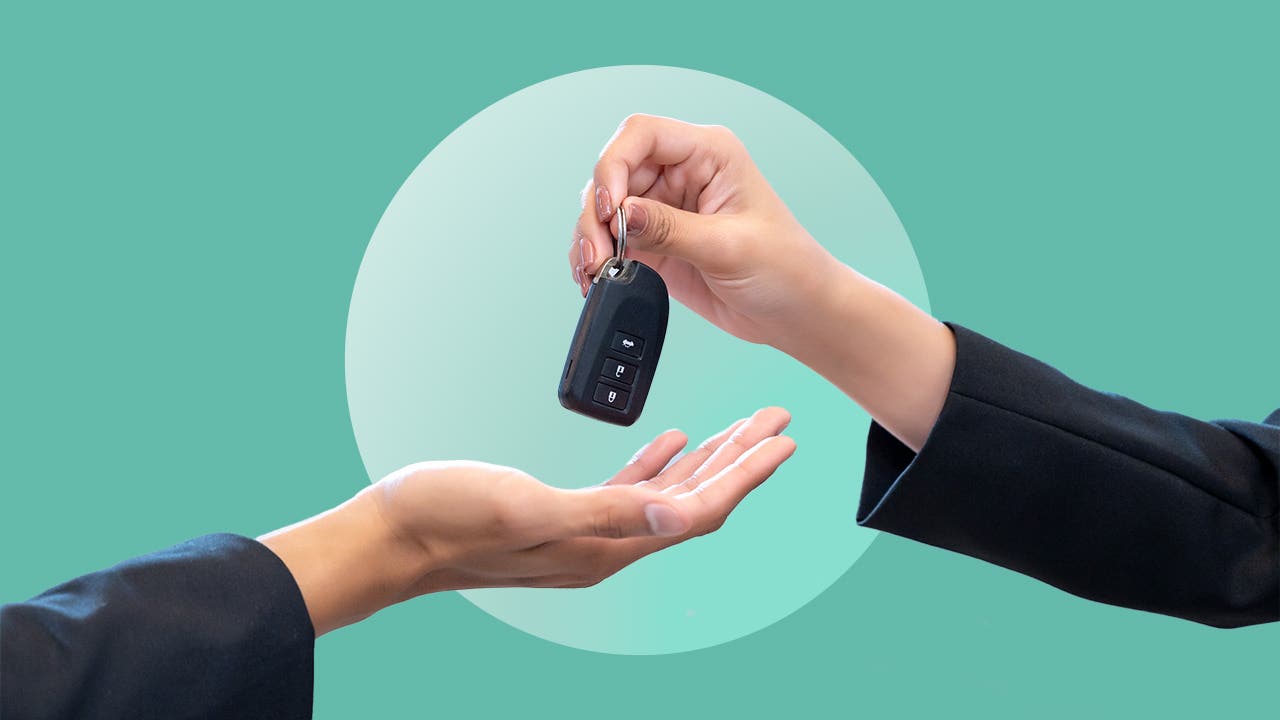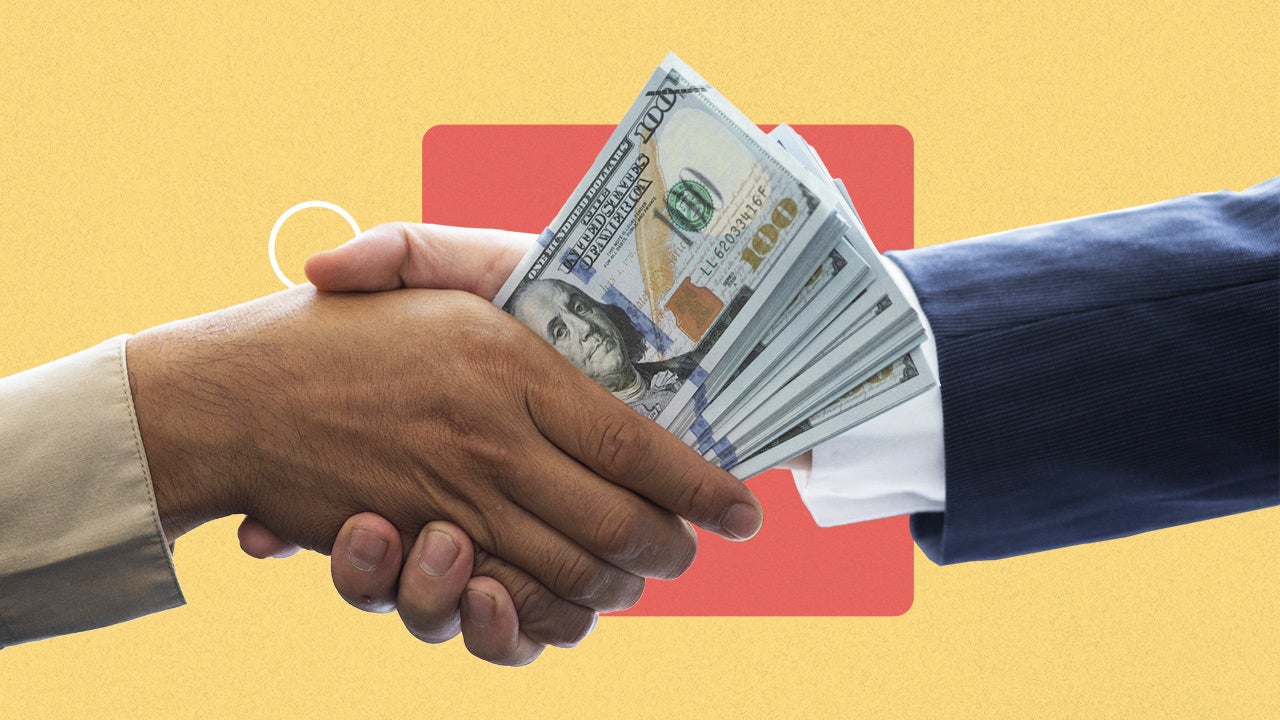What is an acquisition fee?




Key takeaways
- Lease acquisition fees typically range from $600 to over $1,000.
- The acquisition fee will likely be higher when you lease a more expensive vehicle.
- The acquisition fee can either be paid upfront or bundled into the monthly payments on your lease.
An acquisition fee is a fee you pay when leasing a car or other types of vehicles. It may also be referred to as the assignment, administrative, or origination fee. The fee is generally a few hundred dollars — but may be over $1,000 in some cases — so it’s critical to factor this cost into your budget when shopping for a car to lease.
What is a lease acquisition fee?
A lease acquisition fee is similar to an origination fee for an auto loan. This fee generally covers the cost of initiating a lease and running a credit check. The acquisition fee may be charged upfront or rolled into your monthly lease payments.
How much is an acquisition fee?
The acquisition fee for an auto lease generally ranges from $595 to $1,095, according to Edmunds. However, it may vary depending on the type of vehicle and the leasing company you’re working with. Ford’s acquisition fees, for instance, range from about $645 to $695, while Tesla’s acquisition fee is also $695. Typically, the more expensive the car, the higher the acquisition fee. A luxury vehicle will almost always have a higher acquisition fee than a mid-range sedan.
Unlike interest rates, the acquisition fee isn’t affected by your credit score, income or other personal factors.
How do I know if my lease has an acquisition fee?
The easiest way to determine if your lease comes with an acquisition fee is to ask the lender or dealer directly. If you already have the paperwork, read it carefully to ensure you understand all the basics of the vehicle lease, including whether there’s any mention of an acquisition fee.
Lenders are good at hiding fees within the fine print, so it may be difficult to spot. Acquisition fees can also be bundled into your monthly lease payment. Whether it’s paid upfront or part of your monthly lease installments, legally, lenders are supposed to disclose any fees or extra charges if you ask.
There are a variety of fees associated with leasing a vehicle. In addition to a potential acquisition fee, some of the standard fees associated with leasing include excessive mileage fees, disposition fees, early termination fees and a wear and tear fee.
Are acquisition fees negotiable?
Similar to purchasing a car, you should at least try to negotiate aspects of your lease, such as trade-in value, interest rate and loan duration. If it doesn’t work out, you can always look for a lease somewhere else that doesn’t include an acquisition fee — or at least offers a less expensive option. Manufacturers and dealers often have lease specials, so it’s always important to shop around.
It’s also worth noting that in the rare cases when you can negotiate a lower acquisition fee with a lender, they may raise your money factor in response. This could increase the cost of leasing beyond what you saved when negotiating your fees. Pay careful attention to the terms of your lease agreement before signing on.
Leasing may be a good option if your primary goal is a low monthly payment. The major downside, of course, is not owning the vehicle at the end of the lease term. Because of this, compare the cost of your lease to current auto loan rates. You may be able to score a low monthly payment without having to jump through leasing hoops.
How to pay an acquisition fee
If your leasing company charges an acquisition fee, you can choose to pay this expense upfront or roll it into the total cost of the lease.
- Paying upfront: Choosing to pay the lease acquisition fee upfront will reduce the amount of interest you are charged. Similar to an auto loan, bundling your acquisition fee with your lease will increase your principal balance — which means paying additional interest.
- Bundling the fee: That being said, leases do have lower monthly costs than auto loans. If it doesn’t raise the monthly cost significantly, it may be worth the additional interest to avoid shelling out hundreds of dollars at the start of your lease term.
In addition, adding the acquisition fee to the lease can be a wise move if you total the car. If you pay the acquisition fee upfront and the car is in an accident, you won’t receive a refund on the acquisition fee. But if you rolled the acquisition fee into the loan, you at least won’t have to pay the remaining amount.
Whether you choose to pay the acquisition fee upfront or roll it into your lease will depend on your cash situation. You will likely save money by paying upfront, but it may not save you more than you’d earn if you used that money to invest or put into a high-yield savings account.
Bottom line
Acquisition fees can only be avoided if you notice them before you officially sign the contract. They are common and may be unavoidable. If you try to negotiate the acquisition fee with the leasing company and have no luck, consider finding a new offer. Don’t be pressured to accept the lease terms if they don’t suit your needs or budget.
Before finalizing a lease agreement, contact several companies to see what kind of terms you qualify for. Shopping around is the best way to minimize or avoid the acquisition fee, and you can use an auto lease calculator to compare costs between dealers.
Why we ask for feedback Your feedback helps us improve our content and services. It takes less than a minute to complete.
Your responses are anonymous and will only be used for improving our website.




